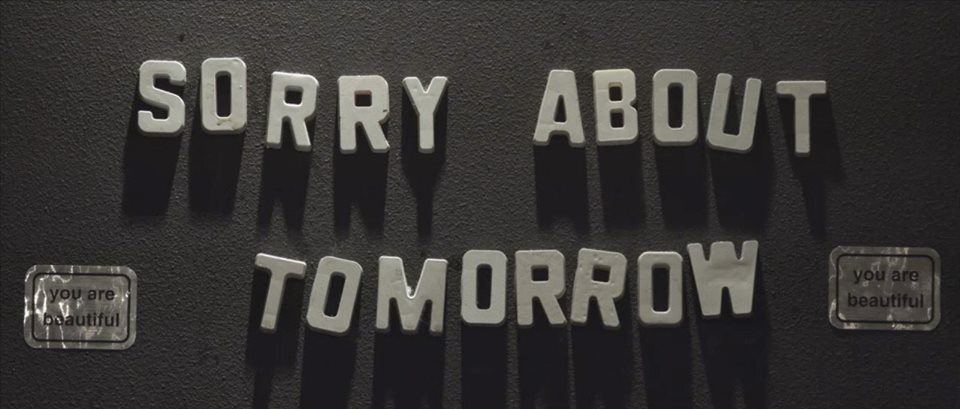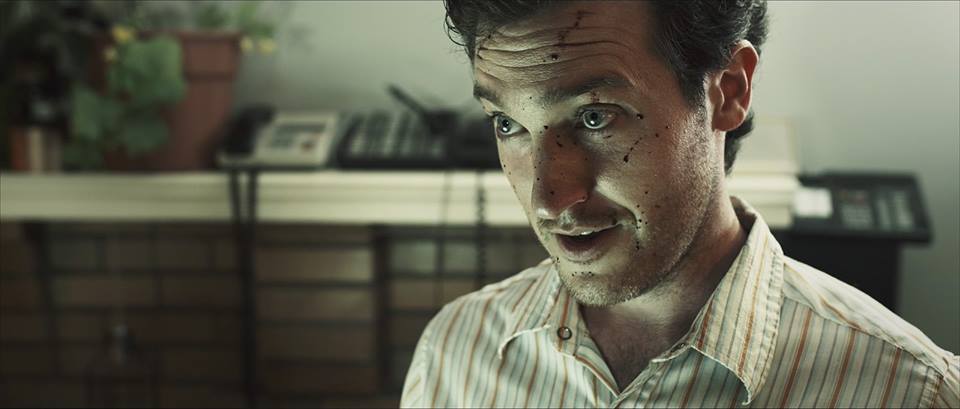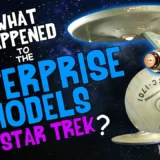 48 hours ain’t a lot of time to make a movie. The 48 Film Project has given us a lot of films, some of which have been remarkable, and some of which have been among the worst films ever made. I should know: I’ve made a couple of those. In recent years things seems to have changed and the pinnacle of these films are among the best shorts I’ve seen all year. Like There’s Nothing Funny About a Clown in Love and Snow in the City from San Francisco, the winners in several other cities have really moved me, and none of them with the intelligence and dark logic of Sorry About Tomorrow.
48 hours ain’t a lot of time to make a movie. The 48 Film Project has given us a lot of films, some of which have been remarkable, and some of which have been among the worst films ever made. I should know: I’ve made a couple of those. In recent years things seems to have changed and the pinnacle of these films are among the best shorts I’ve seen all year. Like There’s Nothing Funny About a Clown in Love and Snow in the City from San Francisco, the winners in several other cities have really moved me, and none of them with the intelligence and dark logic of Sorry About Tomorrow.
This is another Time Travel story, but it’s also not the kind of time travel story that is about preventing changes to the future or the past, it’s about how someone who has to deal with the consequences of having been brought into time travel by using the abilities of time travel. In other words, it’s the part of Bill & Ted’s Excellent Adventure where the guys set themselves into a position to make the first part of the film actually happen. Here, we’re presented with Baldwin, a guy meeting a young lady in a coffee shop. She’s Emily, she’s 9, and she’s going to meet Baldwin in 15 years.
Or maybe not.
He has to tell her a story about the time he met a woman named Cricket and her roommate Emily, and the Time Machine back at their house. They’ve had some problems with cooling, and they spent ages trying to send bunnies back in time, and eventually, they move up to Cricket managing to travel through time and becoming disappeared. Of course, Baldwin eventually travels through time himself, and is now at a coffee shoppe fifteen years before he met Emily and Cricket, with young Emily telling her the story about him and Cricket, and then Young Emily surprises him.
It’s a fascinating film, the logic of the time travel is so complete, and the script is nearly spotless. The way the film moves, the plot traveling without missing a step. One of the typical signs of a 48 Hour Film is the crowbarring of a line, a character, and a prop. Here, it’s kinda obvious which is the character (a Senator that appears for little good reason), but the rest is so organic, and I didn’t mind the character showing up because he gave a fun brief cameo.
And let me start there. The performances in Sorry About Tomorrow are nearly spectacular. No, screw that, they ARE spectacular! Young Emily, played by the fantastic Emmaline Weedman, is no doubt the acting highlight. She has an amazing amount of charisma, even when she’s just sitting there listening to Baldwin. Don’t go thinking that it’s all her. John Ferguson, who I remember from his turn as Fin in The Inner Workings of Outer Space, plays Baldwin with a sort of tightrope walk between over-intellectualization and under-emotionalism. It’s incredible how tough a role it is to play within the film because he has to provide the structure that the rest of the characters hang off of. He’s the backbone of the film and is excellent at it. Cricket is there, not quite as the driven mad scientist that these stories usually rely on, but as an incredibly driven researcher who finally finds the trouble at the end of her research. She also gives a brief glimpse of a performance that I’d say was straight out of the Remorseful Inventor tradition. Present Emily, played by Beth Matthews, is wonderful and her smile on seeing Baldwin in the pool, brief as it is, is absolutely electric. The entire cast plays so well off each other and with the script that this is a textbook case of the whole being greater than the sum of its parts.
The mise-en-scene is what really sets Sorry About Tomorrow apart. The cinematography is gorgeous, not only in the lighting and staging, but in the basic technique. There is a sort of haze to some of it. It’s the kind of thing you can’t exactly put your finger on, but it ain’t shot like other movies and it adds to it. Include in that the editing is bold. The first and most obvious choice that gives this film the kind of distinction I would never have expected in a 48 Hour Film is to see oil emulsion imagery, the kind you see in the opening for True Blood. This provides the type of signature to the film that increases the unusual feeling of displacement. The random fast cuts with images of Cricket or Emily, sometimes multiples of them, only heighten the entire concept that things are coming apart, that there’s a world of travel all over the time stream. We can see that a lot of this is through Baldwin’s attempting to put it together, to connect his reality and frame-shifting. He feels all of this, and at the same time, he










